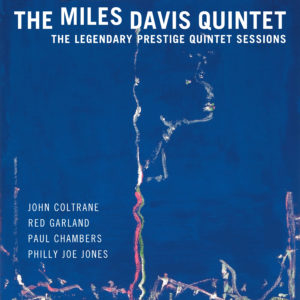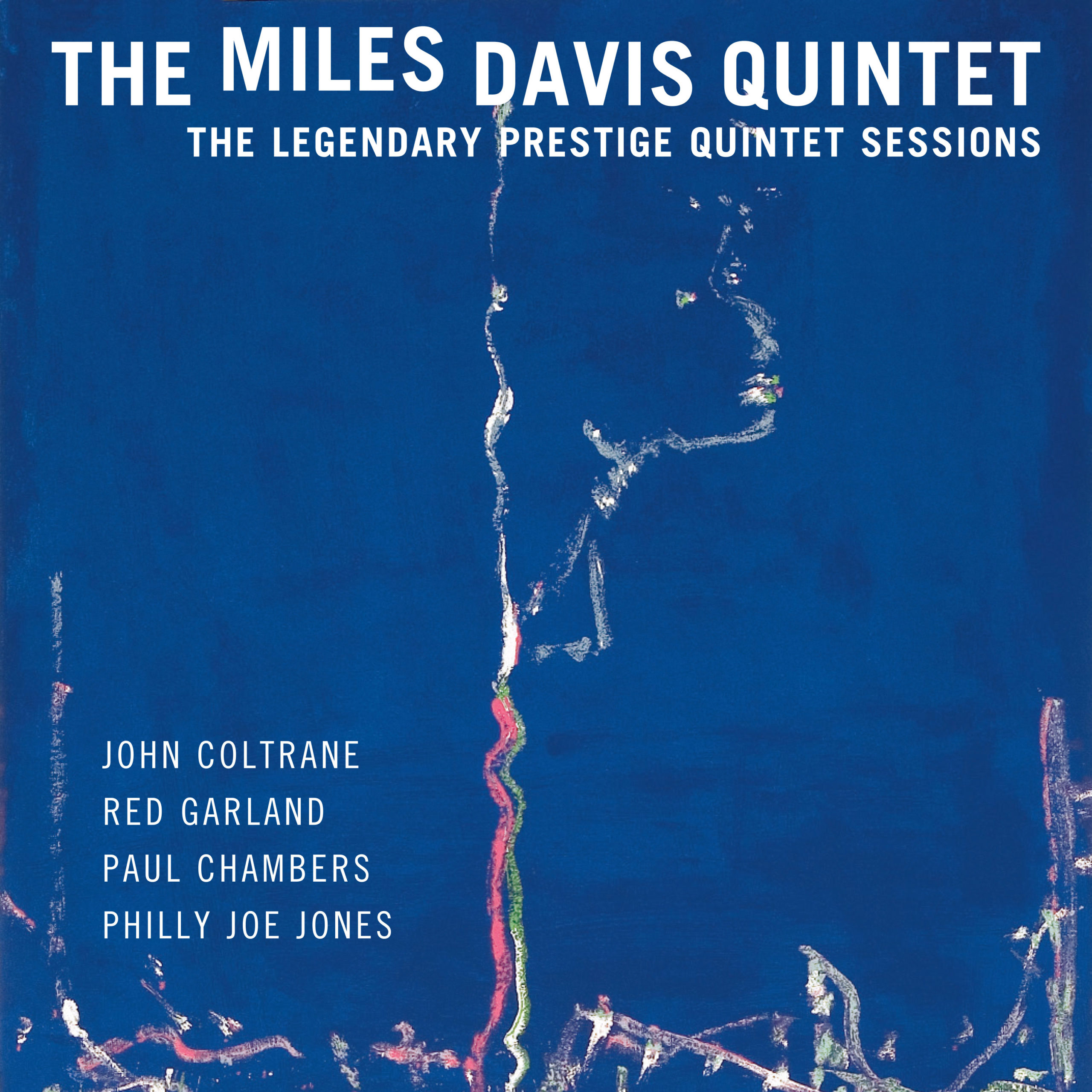The Miles Davis Quintet
The Legendary Prestige Quintet Sessions
CRAFT RECORDINGS
9/10
At this year’s Grammys, the smartly dressed Birth of the Cool—PBS’ American Masters documentary on Miles Davis’ controversial work and life—will compete against Thom Yorke’s Amina flick with Paul Thomas Anderson and Beyoncé’s highly physical Homecoming movie for Best Music Film. Tough race. Though not enough of the trumpeter and composer’s innovative and incendiary music blasts through the public television network’s speakers (also too little in regard to Davis’ notorious violence toward the women in his life), Stanley Nelson’s documentary ties together the most restlessly furious elements of his music—e.g. Miles’ electric period, from start to finish—with the harm done and the scars left from the rage of racism he felt throughout his long career.
Though imperfect, this PBS documentary (which repeats February 25 for Black History Month), and the autumn release of Rubberband (recorded in 1985, then shelved, this softly soulful fusion album was intended to be Davis’ debut for Warner Brothers), set a perfectly dramatic stage for the release of a deluxe vinyl box set edition of the Miles Davis Quintet’s Legendary Prestige Quintet Sessions.
Meant to raise a toast to the seventieth anniversary of Prestige Records, the high-grade, six-LP set presents the quintet’s 1955–’56 sessions for the iconic jazz label, which, in and of itself, bore fruit to the tune of Miles’ pre-Kind of Blue best in albums such as Miles Davis and the Modern Jazz Giants, Cookin’, Relaxin’, Workin’, and Steamin’. For the sake of some extra special sauce, the new Prestige box set offers additional vinyl featuring audio recordings of radio and television appearances by Davis’ first dynamic quintet with John Coltrane, Red Garland, Paul Chambers, and Philly Joe Jones, guests such as Milt Jackson, Thelonious Monk, Percy Heath, and Kenny Clarke, as well as a dazzling cover featuring Davis’ painting New York By Night.
Prior to the elegantly intellectualized innovations of modal jazz and its formation of rich pensive solos from harmony rather than chords that was 1958’s Milestones and 1959’s Kind of Blue, the sessions that fill this Prestige box are those where Davis left flirty, speedy bebop behind for slow, hard bop, moved away from clutter and toward lustrous elements of space (which is why he chose pianist Red Garland), and pursued the relaxed phrasing and open sound that was the Harmon mute. Once placed in close approximation to the mic, Davis’ wah-wah mute and his trumpet’s twilight tone became a voice as intimate as a whisper—a silvery sheen that would immediately define all of his Prestige work.
As well as featuring coolly askew Monk compositions such as “Bemsha Swing” and “Round Midnight” and two gorgeously mournful takes of “The Man I Love” from the Gershwins, Davis’ own flightily forlorn “Swing Spring” are among the highlights of Miles Davis and the Modern Jazz Giants (1959), with the sessions contained within 1958’s Relaxin’ with the Miles Davis Quintet yielding the sweetly somnolent and bracing romantic likes of Frank Loesser’s “If I Were a Bell” and Richard Rodgers “I Could Write a Book.”
For pure, sure full group dynamics, Workin’ is the masterpiece. If you’re not busy marveling at each man’s solos besting the next on Davis’ “Four,” and its improvisational cousin “The Theme,” the simmering, shady bop of Coltrane’s “Trane’s Blues”—easily a signpost as to where the saxophonist would himself move as a composer—finds each player poised to pounce on, yet embrace and complement, each other’s skills. Davis certainly knew what he was doing when bringing each unique player into his fold, just as the trumpeter knew when to jettison each man so as to take it to the next phase.
The sixth album of rarities—of “Max Is Making Wax (Chance It)” and “It Never Entered My Mind” from Steve Allen’s time with The Tonight Show, from funky live gigs at the Blue Note in Philadelphia in 1956 and the Café Bohemia in New York in 1958—is just a lovely, tangy Maraschino cherry atop a chunky, creamy sundae. It’s the main frame of Miles’ innovations, and that of his Prestige Quintet, that will leave you satisfied—and yet curious as to what kept coming next…then next…then next.









